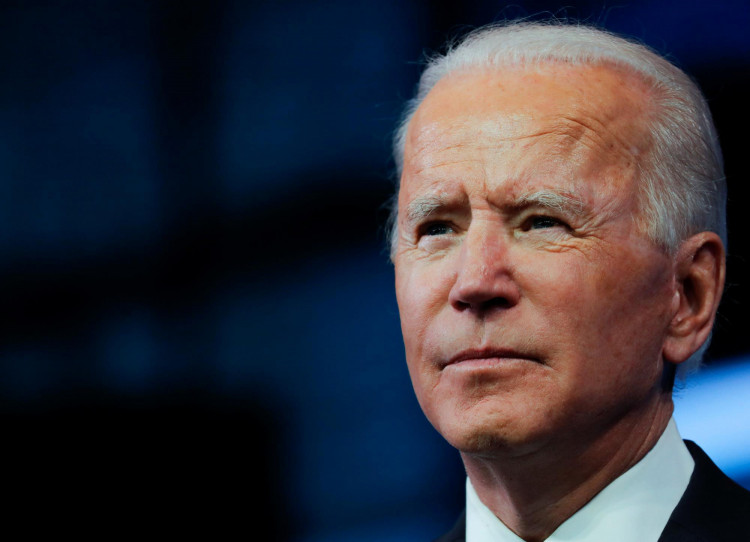President-elect Joe Biden's cabinet is expected to retain many of the China policies adopted during the Trump administration, but with different approaches that await elaboration, according to reports.
Yellen: Ready for Battle in a Multilateral Way
Janet Yellen, the nominee for Treasury secretary, said during Tuesday's confirmation hearings for Biden's Cabinet, made it clear that the U.S. will "use a full array of tools" to address issues raised about China's trade practices.
On the other hand, Yellen said the Biden administration will cooperate with U.S. allies "rather than unilaterally" in approaching its stance on what she refers to as the country's "most important strategic competitor."
Trump unilaterally imposed tariffs on billions of dollars of worth of Chinese goods, kick-starting a now years-long China-U.S. trade war. China has since also imposed tariffs on U.S products.
Yellen did not provide any other details on how Biden's team will directly address the issues, echoing Biden's comments last month that he has no immediate plans on changing the tariffs on Chinese products.
Blinken: Firm but Focused on U.S. Strength
U.S. Secretary of State nominee Antony Blinken also testified during the confirmation hearings, hinting at an approach towards China and other military rivals that will evolve.
Blinken acknowledged the "growing rivalry from China and Russia," adding that he agrees with the Trump administration's hard-line stance on these foreign competitors.
On the other hand, Blinken said some of Trump's approaches in facing the challenge of a strengthening and economically rising China were wrong. "We have to start by approaching China from a position of strength.
For Blinken, the United States should focus instead on gaining more strength in terms of military investments to ensure that it can stand up to potential challenges and "any aggression" in the future.
Concerns on How Biden will Ease Tensions
With hours left before Biden's inauguration on Jan. 20 at noon at the U.S. Capitol, concerns have been raised about Trump's recent moves and how the Biden administration will get out of the tensions that the previous government initiated.
Some analysts said Trump's latest move banning Chinese cotton and tomato imports from Xinjiang as well as the notification on suppliers that licenses of selling to Huawei will be revoked were all done to push Biden to a corner.
Assistant research fellow at the China Institute of International Studies, Zhang Tengjun, said Trump's latest actions on China-U.S. relations could "restrain the Biden administration.
Trump's China-U.S. approach has been questioned multiple times since the first round of tariffs were imposed. Business groups expressed hardships during the process as they paid the price for the tariffs. As well, policy was often announced on Twitter with no details.
Biden is now left with the responsibility of attempting to ease tensions while ensuring that U.S. leadership is retained.
The timing of Biden's rise to power could prove to be an arduous road as recent economic data indicated that during the pandemic, China has been growing faster than the U.S. economy and other major economies in the world.





